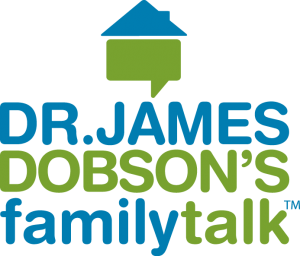
Wallace Stegner’s mother died at the age of fifty. When Wallace, a novelist and short story writer, was eighty, he finally wrote her a note – “Letter, Much Too Late” – in which he praised the virtues of a woman who grew up, married, and raised two sons in the harsh history of the early Western United States. She was the kind of wife and mother who was an encourager, making the best of situations, especially those that were less than desirable. One of his enduring memories is the strength his mother displayed by way of her voice. Stegner wrote: “Singing, naturally. You never lost an opportunity to sing.” As long as she lived, Stegner’s mother sang, grateful for blessings large and small.
The psalmist too took opportunities to sing. There was singing when the days were good, and when they were not so good. The songs were not forced or coerced, but a natural response to the “Maker of heaven and earth” (v. 6) and how He “gives food to the hungry” (v. 7) and “gives sight to the blind” (v.8) and “sustains the fatherless and the widow” (v. 9). This is really a lifestyle of singing, one that builds strength over time as daily trust is placed in “the God of Jacob . . . who “remains faithful forever” (vv. 5–6). The quality of our voices is not the point, but our response to the Lord’s sustaining goodness—a lifestyle of praise. As the old hymn puts it: “There’s within my heart a melody.”
Source: Our Daily Breat

 Your Watchmen on the Wall
Your Watchmen on the Wall  Dr. James Dobson’s Family Talk
Dr. James Dobson’s Family Talk